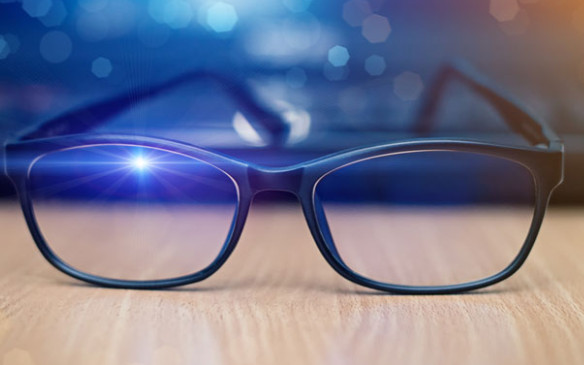With the increasing use of electronic devices such as smartphones, computers, and televisions, we are constantly exposed to blue light. Blue light is a high-energy wavelength of light that can penetrate deep into our eyes and has been associated with a range of negative health effects, including disrupted sleep patterns and eye strain. To counteract these effects, many people have turned to blue light blocking glasses, which are designed to filter out blue light.
Do BLUE LIGHT GLASSES work? :
But are these glasses really effective? The answer is not entirely clear-cut. While some studies have suggested that blue light blocking glasses can be beneficial, others have found no significant effect.
One study published in the journal Ophthalmic & Physiological Optics found that participants who wore blue light blocking glasses for three hours before bed had improved sleep quality compared to those who did not wear the glasses. The researchers concluded that the glasses may be helpful for people who use electronic devices before bed.
However, a separate study published in the same journal found no significant difference in sleep quality or duration between those who wore blue light blocking glasses and those who did not. The researchers noted that the glasses did not appear to have any effect on sleep onset or total sleep time.

Similarly, a review of several studies on blue light blocking glasses published in the journal Ophthalmic Research found mixed results. While some studies reported improvements in sleep quality and eye strain with the use of the glasses, others found no significant effect.
It is worth noting that some blue light blocking glasses may be more effective than others. Glasses that use lenses with a yellow or orange tint have been found to be more effective at blocking blue light than clear lenses. Additionally, the amount of blue light that is blocked can vary between glasses, so it is important to choose a pair that provides adequate protection.
It is also important to note that blue light blocking glasses are not a substitute for other healthy habits that promote good sleep and eye health. It is recommended to limit screen time before bed, maintain a regular sleep schedule, and practice good eye hygiene, such as taking regular breaks from electronic devices and using artificial tears to combat dryness and irritation.
Additionally, while blue light blocking glasses may be helpful for some individuals, they are not necessary for everyone. The American Academy of Ophthalmology states that there is no scientific evidence to support the use of blue light blocking glasses for the general population.
In conclusion, blue light blocking glasses may be a helpful tool for some individuals, particularly those who use electronic devices before bed. However, more research is needed to fully understand their effectiveness, and they are not a substitute for other healthy habits that promote good sleep and eye health. Individuals should consider their own unique needs and consult with a healthcare professional before deciding to use blue light blocking glasses.


